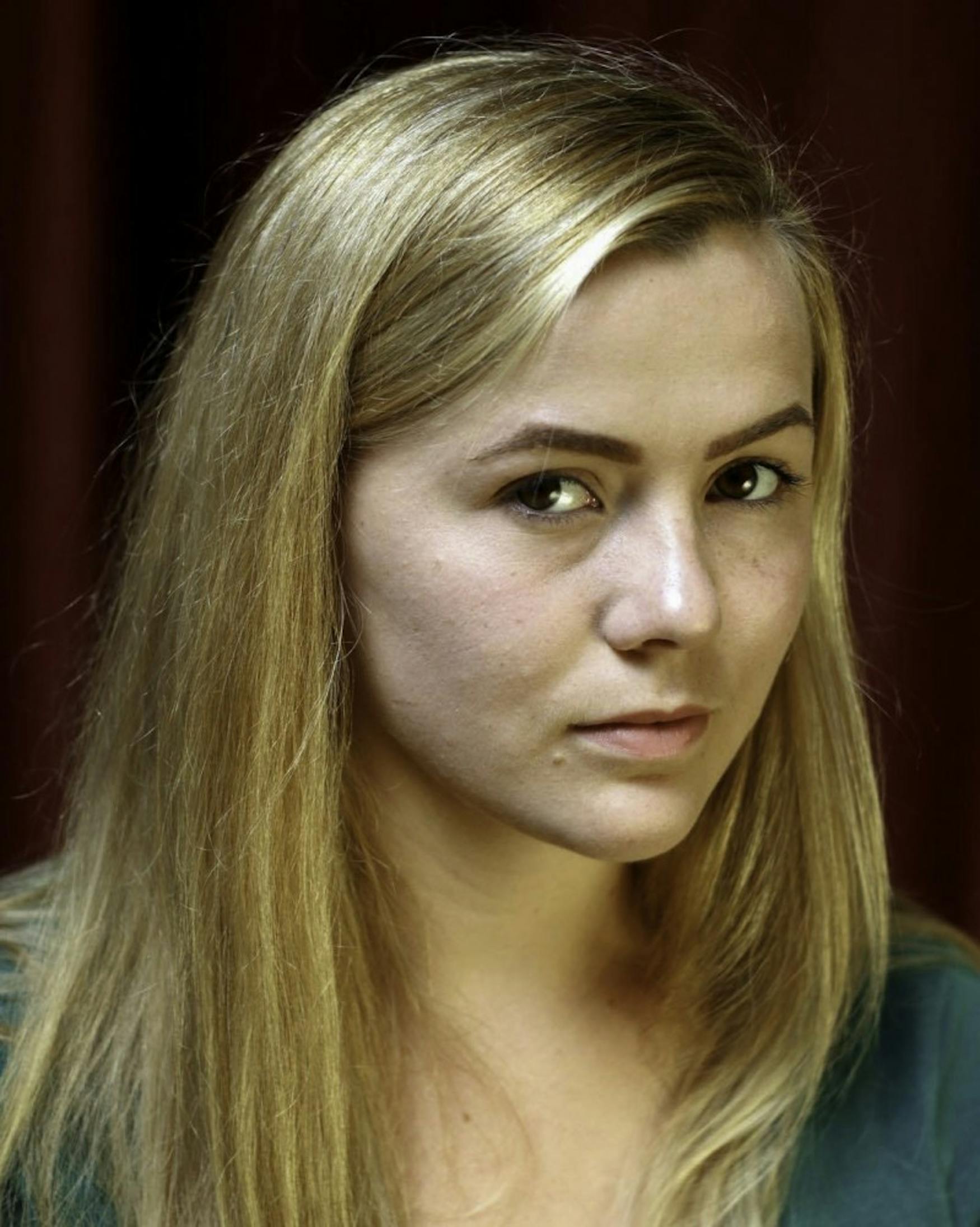Interview: Sophia Massidda '20
This week, justArts spoke with Sophia Massidda ’20 who directed “Iphigenia.”
justArts: Was it your initiative to put on this production?
Sophia Massidda: I actually saw this at B.U. when I was a sophomore in high school and it was a student production. Ever since, I’ve loved it and I’ve always wanted to do it. And if I want to see a show, I should just put it on, right? So I did.
JA: Is there any one particular adaptation or one thing that you did or said that you are particularly proud of?
SM: Clytemnestra is sort of the villain and Iphigenia is supposed to be the sacrifice, but I did my best to present full, rounded, humans because this play is about women and I want to do justice to the women in the story. And the choice to make Chrysothemis an alcoholic I’m particularly proud of because that wasn’t in the script and I just feel like she was one of the characters that really fell flat just with her dialogue and I wanted to do something to give her a little more depth.
JA: If you could have changed one aspect of the process or how it turned out, what would have changed?
SM: I originally wanted to put it on in a different space on campus and I’m happy with what I did in the SCC theater but it’s just a really difficult space to work with. I have a cat that I wanted to be a part of the production; I think it’s interesting to add that little element of chaos in there. You never really know what a live animal is going to do when you just let it loose in a theater space...which is a cool concept to play around with.
JA: Ellen McLaughlin said regarding this play: “I suppose I’m interested in redifining the concept of history from a female perspective.” Do you believe that is accomplished in this play?
SM: I think it definitely is. I mean, I’ve read the Oresteia and I have not read “Iphigenia at Aulis,” “Iphigenia at Tauris,” and “Electra” which are the plays that this adaptation was based on. But I know the basic legend and I know that the way that it is typically told is from the perspective of men, you know, you start with Agamemnon, he kills Iphigenia and we just sort of leave that all behind us and follow Agamemnon. And then we follow Orestes and watch him live his life and he sort of dips into the home and kills his mom and then that’s all sort of forgotten about. But it’s like there are these four women living their lives and this one woman who was killed... I mean, they have narratives too.
JA: What was the best part?
SM: It was really fun! I don’t mean to exclude the one male actor we have and some of the male production staff that we have… but a majority of the cast … and production staff were women. [It was] really kind of amazing to have a rehearsal room that more often than not was entirely women and just a lot of girls who got to bounce ideas off of each other and talk without a man being there and without having to deal with a male narrative.
JA: What kind of differences did you experiences?
SM: It’s hard to name specifics but really just being, like, comfortable with each other in this really interesting female way. I think it could just be when you get a group of girls together and they all sort of trust each other you just make this like weird magic.
—Maya Zanger-Nadis



Please note All comments are eligible for publication in The Justice.